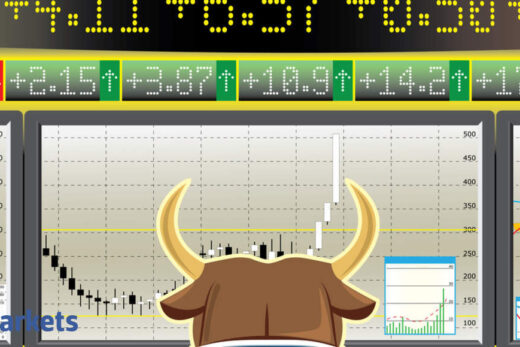Value investing essentially advocates looking for securities that are priced lower than their intrinsic value. It has been one of the well-studied strategies around the world and enough books have been written on this method to fill up an entire library. The most successful propagators of value investing include the world’s sixth richest man Warren Buffet to our homeland multi-billionaire Radhakishan Damani. They and many other successful investors have made fortunes using various methods of value investing.
 ETMarkets.com
ETMarkets.com(Price performance of various investing styles from Feb’20-Oct’21)
Even today, value investing stands proudly as one of the most successful strategies. Even during the testing times of the prevailing pandemic, which completely changed the business worldview, value investing managed to outperform other investment styles by a significant margin. Since March 23, 2020, Nifty Value Index has delivered an astounding return of 123 per cent vis-a-vis a return of 90 per cent posted by the Nifty Growth Index. It has outperformed all the other investment styles by a double-digit margin.
Relevance of value investing in modern economies
Even though investing in equities is fraught with significant risks, it is no secret that investment returns are correlated to the amount of risk entailed in the underlying asset class. Indeed, a certain degree of risk is involved at the very core of value investing as well vis-à-vis other investment styles. But while investors shunned equity assets during uncertain times of the pandemic, value investors saw compelling value in businesses and assessed their availability at dirt cheap prices. Shortage of goods pushed product prices upwards. As the economy opened up and the resilient demand surged back to pre-Covid levels, value investors reaped multifold returns. Value investing strategy paid off handsomely over the last twelve months and manifested its relevance one more time.
Value investing back to the centerstage
While the last few years have favored growth investing, owing to the technological innovations and low cost of funds, growth-focused managers have not been able to perform as well as value-focused managers. The US growth stocks (which are dominated by technology stocks) did manage to outperform most other indices globally in the last three years. But they can only be considered outliers at best. In the Indian context, however, value has outperformed growth over the last five years by a healthy margin. And even though growth indices have managed to deliver marginal outperformance over the last 10 years, value has managed to outperform growth and market cap-weighted indices over most periods of three, five, and 15 years.
Value investing with its excellent track record of outperformance, especially during the testing period of the pandemic, has taken the centerstage in investing one more time. And with a global pick-up in infrastructure spending, rising product prices, increasing demand for raw materials and energy, value investing is more likely to continue its dominance over the next couple of years.



